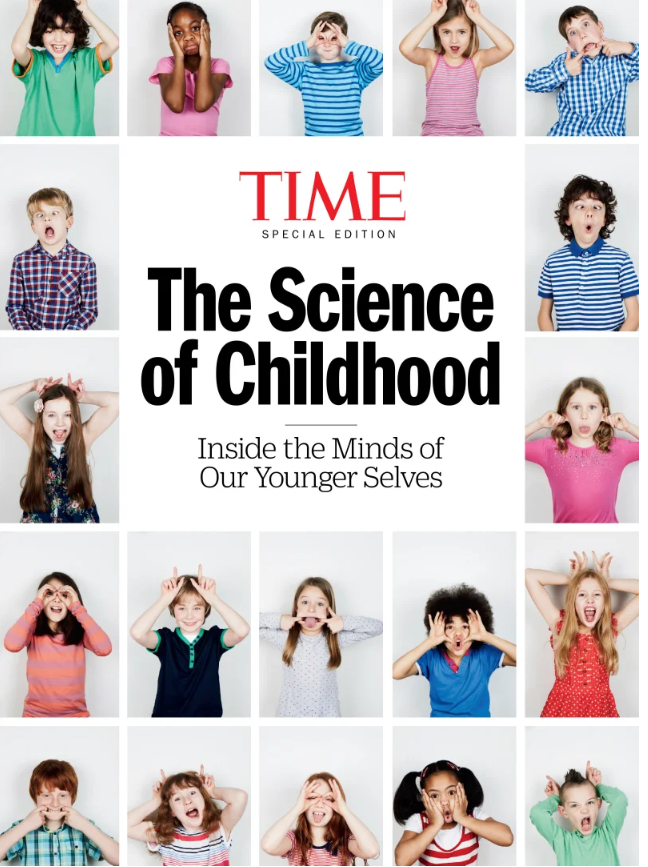
The Power of Play
The power of play is evident in the natural behavior of children. After a month of primarily eating and sleeping, infants begin engaging in playful interactions with their parents and the world. Left alone, young children invent characters and stories through imaginary play. When with peers, they instinctively organize games and activities. Play is so fundamental to childhood that it persists even in the most dire conditions, such as prisons and concentration camps. Recognized as a fundamental human right by the United Nations, the power of play is as crucial as shelter and education. Historically, American children enjoyed a “golden age” of play in the early 20th century, free from labor.
The Decline of Play
Despite the recognized power of play, it has become an endangered activity among American children. A 2011 article in the American Journal of Play highlights a steady decline in children’s free, unscheduled playtime over the past fifty years. When children do play, it is often highly structured through playdates and enrichment classes. Peter Gray, a psychology professor emeritus, attributes this decline to increasing adult control over children’s activities. The pressure on schools to improve standardized test scores has led to reduced recess time. By 1999, only 70% of kindergarten classrooms had recess, down from 96% in 1989.
The Impact on Well-being
Experts like Gray believe the reduction in play has serious negative effects on children. Alongside the decline in playtime, rates of major depression, anxiety, and suicide have risen. Gray argues that to help children thrive, they need more opportunities to experience the power of play. Despite good intentions, parents and teachers cutting back on playtime to focus on academics may be counterproductive. Free, unstructured play is vital for children’s physical, mental, and social development, providing benefits that structured activities and screen time cannot match.
The Necessity of Play
Scientists now understand that the power of play is essential for children, not just a preferred activity. Play keeps kids physically active, crucial as childhood obesity rates have tripled since the 1970s. It also stimulates their minds and creativity. Play teaches children cooperation, independence, and adaptability. These skills are critical for navigating future challenges. Unlike work or education, play is a unique and necessary part of growing up, fostering essential life skills and personal growth.
Insights from Animal Play
Observing young animals provides insights into the power of play. Many animals, including primates, engage in play during their juvenile years. This play helps them develop social and cognitive skills. Research shows that play has a significant impact on the brain. For example, studies on rats indicate that play is crucial for brain development, potentially influencing the maturation process in human children similarly. The correlation between play and brain development underscores the importance of free play for overall growth.
The Hidden Genius of Play
The apparent randomness of play is its genius. Human creativity, flexibility, and adaptability are honed through free play. The power of play lies in allowing children to learn self-entertainment and adaptation to challenges. This is especially true for pretend play, unique to human children. Play can be seen as another form of education, crucial for developing problem-solving skills. The rise of structured activities and screen time at the expense of free play is concerning, as it deprives children of vital developmental opportunities.
Social Benefits of Play
The power of play extends to its critical social component. Children naturally organize group activities, learning to predict and respond to others’ actions. Playing together, especially with parents, teaches sharing, negotiation, and conflict resolution. Neuroscientist Jaak Panksepp’s research on rats shows that play alters the brain to be more social. Play’s impact on social development is profound, helping children navigate complex social dynamics and build essential interpersonal skills.
Encouraging Free Play
There is hope as some schools and parents recognize the power of play and its benefits. The American Academy of Pediatrics emphasized the cognitive, social, emotional, and physical benefits of recess in 2013. Programs like Debbie Rhea’s LiiNK at Texas Christian University demonstrate the positive impact of frequent, short recesses on young children’s ability to focus and learn. These initiatives highlight the importance of balancing structured education with ample free playtime, fostering a more holistic approach to child development.
The Future of Play
In an era dominated by standardized testing and academic pressures, the power of play might seem expendable. However, free play fosters creativity and teamwork, skills irreplaceable by robots. Just as innovators in business and politics need breaks to generate ideas, children need playtime to develop. The long-term benefits of play are significant, impacting children’s immediate happiness and future success. Play is not just a frivolous activity; it is essential for a well-rounded, fulfilling childhood. And most importantly, play is fun, which is its true essence.



